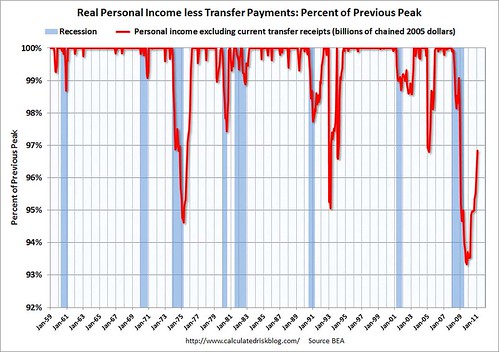Crazy Eddie's Motie News: More news from midwestern universities





Crazy Eddie Motie News: Weekend News Linkspam--Midwest University News
By virtue of having a week's worth of news as green as its school colors, Michigan State managed to have yesterday's linkspam pretty much all to itself. Now, the rest of the Midwestern public research universities get their turns.
University of Michigan: The Population Bomb: How we survived it
ANN ARBOR, Mich.-World population will reach 7 billion this year, prompting new concerns about whether the world will soon face a major population crisis.
"In spite of 50 years of the fastest population growth on record, the world did remarkably well in producing enough food and reducing poverty," said University of Michigan economist David Lam, in his presidential address at the annual meeting of the Population Association of America.
Lam is a professor of economics and a research professor at the U-M Institute for Social Research. The talk is titled "How the World Survived the Population Bomb: Lessons from 50 Years of Exceptional Demographic History."
In 1968, when Paul Ehrlich's book, "The Population Bomb," triggered alarm about the impact of a rapidly growing world population, growth rates were about 2 percent and world population doubled in the 39 years between 1960 and 1999.
According to Lam, that is something that never happened before and will never happen again.
I think someone is being too optimistic. Then again, it's an economist saying this, not an ecologist.
University of Michigan: Personal income up, but are we better off?
ANN ARBOR, Mich.-Although U.S. personal income per capita has risen 5.7 percent since 2000, an increase in tax-exempt benefits provided by the government and employers accounted for all of the income growth in the past decade, says a University of Michigan economist.
Thanks to these nontaxable transfer payments, which include Social Security, Medicare, Medicaid, health insurance, unemployment, welfare and disability benefits, inflation-adjusted personal income per capita rose nearly $2,200 since 2000, despite America's worst economic recession since the Great Depression.
But when growth in transfer payments and employer-paid benefits are excluded, U.S. taxable income per capita actually decreased 3.4 percent from $32,403 to $31,303, says economist Don Grimes of the U-M Institute for Research on Labor, Economics, and the Economy.
"Last week, the Bureau of Economic Analysis released preliminary personal income statistics for all states and the data shows that personal income per capita in the United States increased," Grimes said. "But, why don't we feel better off? Because the personal income per capita data includes 'spending' that we don't recognize as contributing to our economic well-being.
"Most people are not going to feel better off if their employer has to pay higher health insurance premiums, even if to government statistics experts it is the appropriate way to measure our well-being, which strictly speaking it is."
See this graph from Calculated Risk for personal income minus transfer payments:

No, we're not back to where we were before the recession.
News from Wisconsin, Purdue, and Ohio State at Crazy Eddie Motie News. Originally crossposted to neonvincent on Dreamwidth. Comment here or there, whichever you prefer. http://neonvincent.dreamwidth.org/13106.html